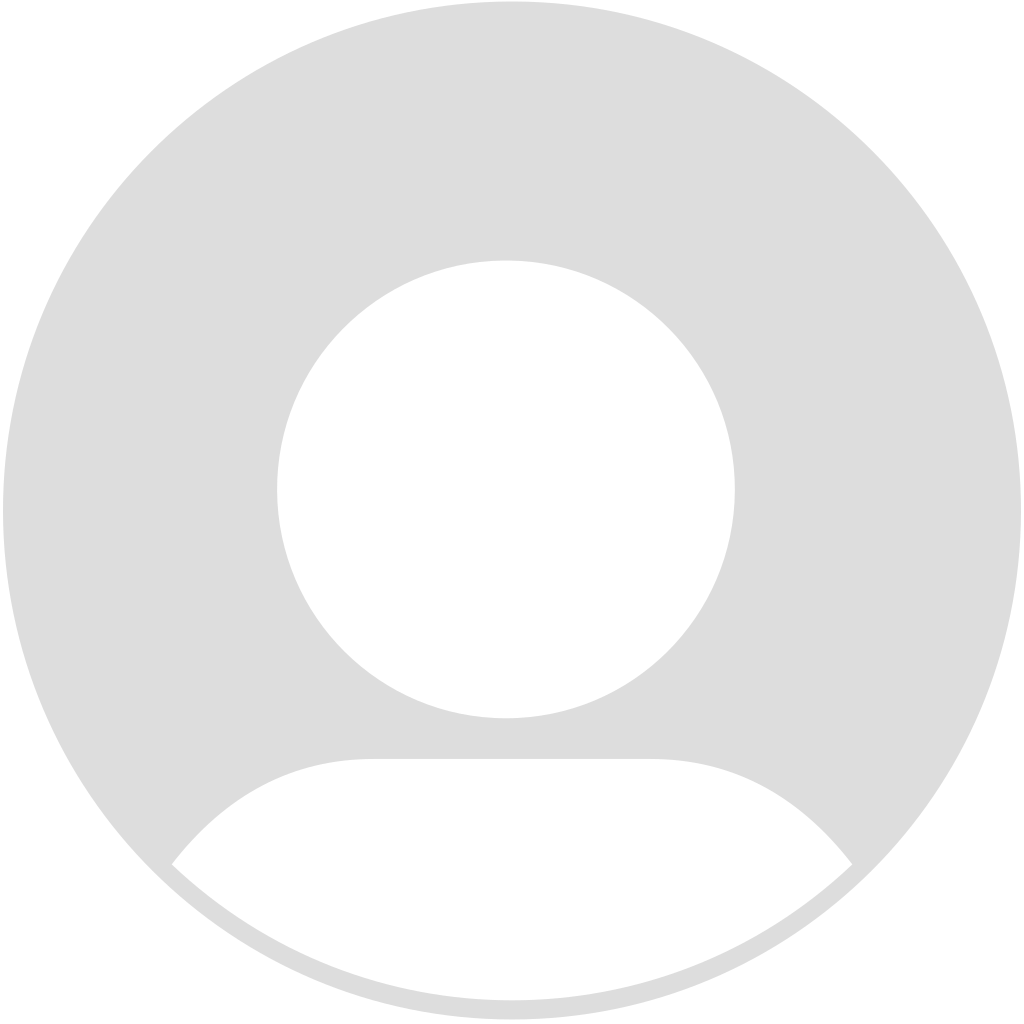
The complexity of vaccine production
Producing a vaccine is an extremely complex and expensive process that can take between 10 and 15 years, although if you have all the resources to deal with epidemics such as the current COVID-19, the development of vaccines becomes highly efficient.
The first phase of vaccine manufacturing is the identification of the pathogen and the production of the appropriate antigen. An antigen is a substance that when it enters the human body is detected by the immune system and triggers a defense reaction called the immune response.
A vaccine must be recognized by the host (who receives the vaccine) and produce an adequate number of antibodies against it. The immune response is always specific for a particular pathogen or antigen introduced by vaccination.
Preclinical studies are performed in cell culture and animal models. The clinical phase consists of four levels, and they are always carried out in healthy volunteers.

The first phase involved is designed to test the vaccine in a small number of healthy volunteers. They wonder if the vaccine triggers an immune response in the human body and what side effects occur during the test. If at this stage the vaccination is considered safe since nothing happened that required the suspension of the procedure, the investigation can continue.
In the second phase, the level of antibodies produced by the vaccine is examined, that is, if enough antibodies are produced to prevent infection. It also tells you how many doses of vaccine to give to get adequate protection. Of course, side effects that may occur are also collected, if this sentence is completed successfully, enough antibodies are produced, and the vaccine is safe and well-tolerated, research can continue.
In the third phase, you monitor how long the protection lasts and how common each side effect is. The data collected in this section is necessary for registration.

In the fourth phase there is the registration and marketing of the vaccine. This phase evaluates whether a booster dose is needed in the future to maintain long-term protection.
Marketing authorization is a precondition for the marketing of the vaccine. However, in case of epidemiological risk, authorization of the vaccine can be considered in the form of an accelerated procedure; In such cases, the Authority may grant a conditional marketing authorization after the completion of phase 2 clinical trials.
Finally, with the marketing authorization, mass production of the vaccine can begin. Depending on the complexity of the manufacturing technology.
During production, the antigen is produced, purified, and stabilizers are added. Several laboratory conditions such as temperature, pH, and sterility must be met.

Millions of vaccines can be produced from a solution made from cultured antigenic cells. The antigen is inactivated by depriving it of its ability to cause infection but retains the ability to start producing antibodies when it enters the body.
The finished vaccine and its packaging are inspected throughout the manufacturing process and samples are taken from each batch of vaccine for further testing.
Marketing of the vaccine can only begin after the vaccine has passed all tests and is transported under specific temperature conditions.










































0 Comments